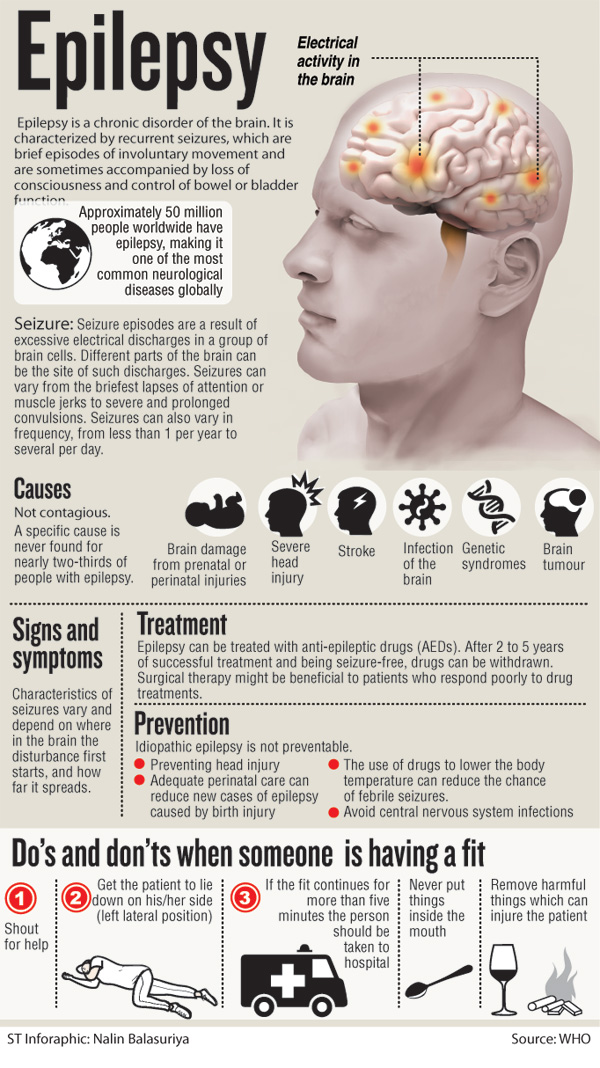‘Don’t deprive epileptic children of their childhood’
It was thought to come about due to a blow from the devil (yaka gahala), but fortunately even people in remote villages have moved away from this assumption in recent times.
Dr. Jithangi Wanigasinghe
Now they know that it is an illness like any other, but there is a strong need to sear into their minds the importance of taking their medications while getting about their routine work, says Consultant Paediatric Neurologist, Dr. Jithangi Wanigasinghe who is attached to the Lady Ridgeway Hospital (LRH) for Children in Colombo.
The illness is none other than ‘meemas more’ or epilepsy which is marked by sudden seizures and strikes fear into those around the sufferers. “Remember it is just another disease,” underlines Dr. Wanigasinghe who is also a Senior Lecturer at the Colombo Medical Faculty, explaining that to widen awareness, the LRH celebrated ‘World Epilepsy Day’ which is commemorated on the second Monday of February.
Many were the poignant experiences of parents and children which were highlighted that day, MediScene understands.
Just as in the case of asthma, epilepsy too even though it cannot be cured can be very well controlled, she says, adding that children can engage in lessons, play, watch television and take part in sports activity such as swimming. “Don’t deprive your child of such activity but put in place certain safeguards like informing the coaches to keep a closer eye on the child.”
This Paediatric Neurologist points out that parents should have “faith in the treatment regimen”, for in 70% of those with epilepsy, it is treatable. Parents should not sink into despair thinking “wedak ne” (it is useless) and that their children will be shadowed by epilepsy all their lives.
Fifty percent among this 70% will only have to take one medication for successful seizure remission, 13% will have to take two medications and the balance three or more medications, it is learnt.
It is only about 30% who will have to resort to other options including surgery and may not have complete seizure remissions, says Dr. Wanigasinghe, but even in them there would be a reduction in the frequency and severity of the seizures. This leads to an improvement in the quality of life.
According to her initially, in a majority the start of seizure control medication is a difficult phase until the right medication for each individual works out. Thereafter, it gets better and better and sights should always be set on the hopeful outcome which will be reached.
While dealing with epilepsy, parents should also look out for co-morbidities such as developmental, behavioural and learning problems, she stresses, adding that there is a need to act on it and keep searching for answers and seeking help.
“Children with epilepsy look no different to others, but it is of vital importance to address the whole picture for a much better outcome,” is her advice.



